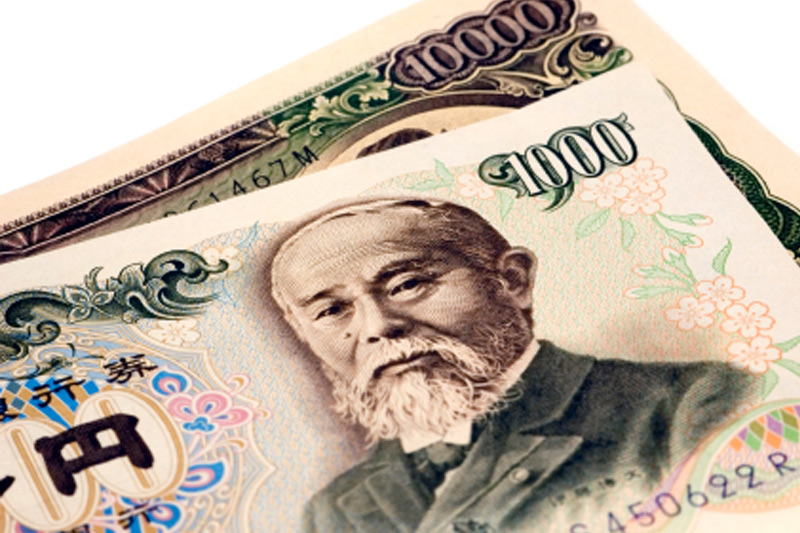HSBC downgrades Bloom Energy after significant rally
Investing.com - Japanese trade data for July was released earlier Monday, and structural flows remain against the yen, according to a report from Bank of America Securities.
Japan’s basic balance of payments has been relatively stable year-to-date, BofA Securities said, and this stability is exemplified in the service account.
On the one hand, the post-COVID rebound in the travel surplus seems to have run its course. On the other hand, the deterioration in other service categories has also stalled in recent months.
“The risk is further deterioration in other service categories rather than a further rise in the travel surplus as the travel industry is labor-intensive and faces supply constraints while overtourism has become a social issue in some cities,” said BofA.
Year-to-date, Japan Inc. has been investing abroad at the fastest pace in recent years.
The BoP statistics show Japan invested ¥31 trillion abroad in the form of FDI over the past year. The pace of overseas acquisitions by Japanese firms year-to-date has been the fastest in recent years. This has been driven by investment in non-U.S. markets although Japan’s investment in the U.S. remains robust, according to the BoP statistics.
It may be that Japanese firms remain committed to the U.S. market but has been more cautious in making big deals amid political uncertainty.
The question is if the U.S.-Japan deal, in which Japan agreed to increase investment in the U.S. by $550 billion, would lead to a reacceleration in investment in the U.S..
If $550 billion flows into the U.S. from Japan during President Trump’s presidency, it could have a dominant impact on USD/JPY as funding of this size would have to involve FX transactions to a certain extent, and this risk may be underpriced.
“If investment related to the U.S.-Japan agreement starts to appear, the market may reprice the upside risk for USD/JPY,” BofA said.
Additionally, Prime Minister Ishiba announced his decision to resign yesterday. While leading candidates for the LDP’s new leader and ultimate implications for the market remain uncertain, risks are skewed to looser fiscal policy as whoever becomes the new LDP president would need support from opposition parties to be elected as PM and pass a budget.
Fiscal risk is unlikely to be fully removed in any case. Moreover, certain candidates may call for keeping monetary policy easy.
“Our view has been to stay short yen while Ishiba’s resignation risk remains high and until the risk of a loose macro policy mix under new leadership is sufficiently priced,” said BofA Securities.
“USD/JPY may trade up to 149-150 in the near- term. After that, it would depend on who prevails as the new leader. Long CHF/JPY may be the cleanest way to express JPY’s fiscal risk given CHF’s healthy fiscal profile and increasing risk premium for USD and JPY, the traditional so-called “safe-haven” currencies.”
